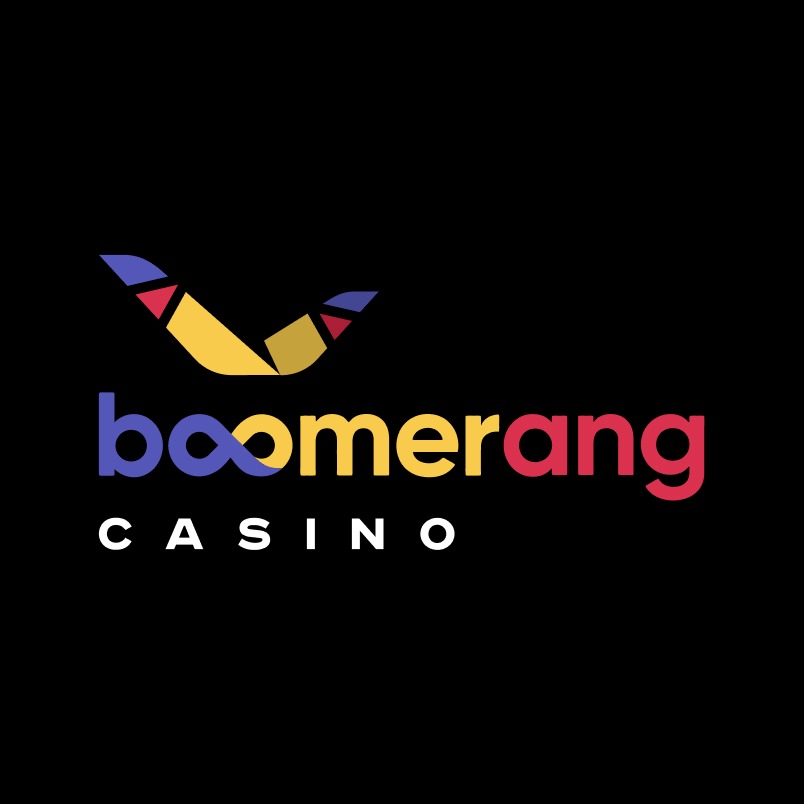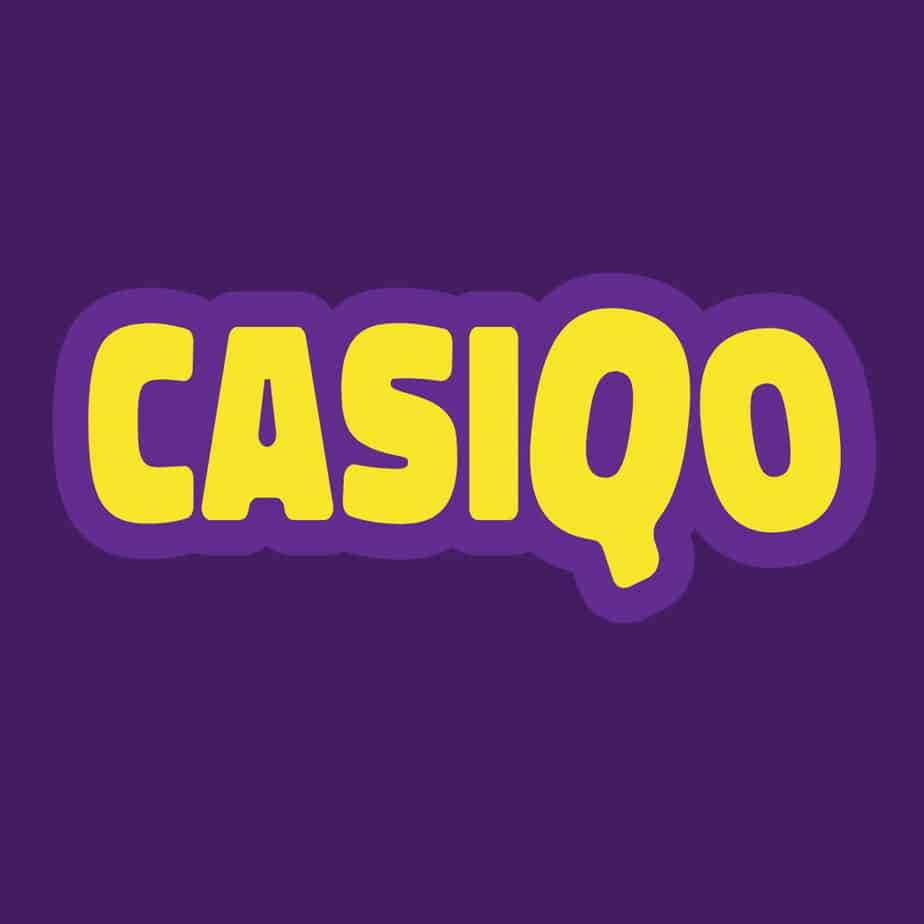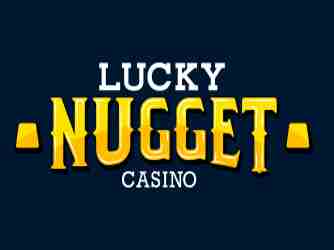Author: Daniel King | Posted on: 2021-05-31 | Last updated on: 2023-03-13
If you decide to list countries that gamble most, Canada will head that list. Gambling turned to be more like a part of Canadian culture. It’s estimated that at least 76% of the adult population in Canada opt for some variant of gambling. At least 29 million Canadians tried their luck at least once. As a result, the country created a complex well-functioning system of regulations, protecting their citizens and gaining profit.


Welcome Bonus
100% up to 6000 EUR + 100 FS
Test
Bonus


Welcome Bonus
100% + 100 Free Spins € 1 000
Test
Bonus


Welcome Bonus
100% + 100 Free Spins € 1 000
Test
Bonus


Welcome Bonus
100% up to 500 EUR + 200 FS
3
Bonus


Welcome Bonus
Welcome Bonus up to 200 EUR
Test
Bonus


Welcome Bonus
Cashback and rakeback + 30 FS
Test
Bonus


Welcome bonus
No bonuses
No bonuses
Bonus
A lot of Games


Welcome Bonus
100% bonus up to 3000 CAD + 100 FS
3000 CAD + 100 FS
Bonus
A lot of Games


Welcome Bonus
150% bonus up to 200 CAD
200 CAD
Bonus
Slots Casino


Welcome Bonus
100% bonus up to 571.5 CAD + 155 FS
571.5 CAD
Bonus
Best New Casino
The predecessors of modern gambles and activities existed even within indigenous tribes that populated the territory before 1497. European settlement brought many more different variants to the region. Gambling developed and became more and more widespread and popular. And in 1892, Canada firstly regulated all variants of this activity, banning them in the Criminal Code.
Gambling laws in Canada have significantly developed and become more sophisticated since then. They defined who can engage in some variant of gambling, when, where, and under what circumstances. Once a disreputable behaviour, gambling developed into a hobby result in earnings for both a person and the state. So did the relevant legislation. Canada implemented gambling institutions such as the first national lottery in 1974 and the first casino facility in 1989.
If you’d like to experience the benefits of gambling whenever you want, opt for online sites. Canadian online gambling is legal but has certain nuances in various regions.
There are two sides to this issue. Firstly, Canadian gamers can engage in online versions of gambling legally. There is no strict regulation that could prevent them from it in any state’s province. Gamers in this country can access any Canadian or offshore online platform easily. However, it is vital to pick a reputable, properly licensed and authorized online website if you are eager to play safe and fair. A bunch of reputable offshore platforms is popular in the country. Also, Canadian provinces started to launch their Igaming sites.
Secondly, under gambling laws, the online operation of gaming platforms without a federal or provincial license is illegal. The state actively fights unlicensed websites that try to sell their products and services to Canadians. But new ones continue to emerge.
Is gambling legal in Canada? Today’s answer is yes. But it wasn’t always so. In 1892, the Criminal Code of Canada prohibited all variants of gambling. The total ban had lasted for 8 years before the Code permitted charitable bingo and raffles. For the next hundred years, the Code gained several amendments. The modifications allowed horse racing betting, then gambling events at local fairs, then lotteries and some other activities to finance the development of the region.
The turning year for the Canadian industry is 1985. 10 provinces and 3 territories gained the right to govern and legalize their gaming themselves. But the Code still suppressed them until 1999. The government finally ceased the acts that prohibited gambling.
Each territory dictates its order. Gambling laws in Canada fix the gambling age of 18 in some territories, including Alberta or 19 in some territories, including Ontario. Each region has its regulative agencies, including commissions, gaming authorities, and corporations:
Each agency licenses and governs gaming providers or launches gaming establishments or events itself. The Kahnawake territory belongs to a sovereign native reserve. Its Commission always had more rights and supplied online platforms from abroad with plenty of licenses and hosted servers.
If the federal or local body doesn’t license or govern the gambling activity, it is illegal. This rule applies to every region. Provinces possess a monopoly on supplying licenses. The next acts are illegal:
Canada tries to covers in-laws as a big portion of the market as possible. However, a huge part of the industry still goes unregulated. The government loses around C$14 billion annually because of this issue.
Visiting illegal facilities is not just reckless but dangerous. If the casino is illegal, it implies it doesn’t hold a permit from the province gaming agency. No one and nothing regulates such an online venue. As a rule, the agency takes responsibility for the licensed casino and guarantees the safety and fairness of the gaming process. It also solves any disputes between the gamer and the casino.
When such a regulator is absent, no one and nothing will protect you and your money from fraud and scam. For example, scammers can churn out casino websites one by one. When they steal your money on one website, they can close it and go to another. They have no one to report to. In the worst case, land-based illegal venues can threaten your physical safety.
You can easily avoid playing at illegal casinos by checking their license. Each province can a known list of local establishments and their online platforms. You can pick a casino from the list and enjoy a safe and fair gamble.
If you decide to pick an offshore iGaming website, you should also check its regulative authority and license. Going through customers’ reviews will also help to understand the reputation of the site.
Today, Canada is a gambling haven for its residents. Canadian economy benefits a lot from gambling affairs. Provinces manage to fund social and development programs and initiatives due to such earnings. It is a powerful drive for tourism in Canada on the domestic and international levels.
COVID-19 brought a lot of modifications and struggles to the economic activity. It temporarily shut down land-based venues and all amenities. But regions tried to handle it, and many of them put effort into launching and developing their platforms on the Internet to direct the flow of gamers there.
The gambling regulative arrangements also constantly evolve. Local governing bodies try to model casino practice, lotteries, sports betting, and so on more convenient for Canadians and profitable for local budgets.
A bunch of new gaming schemes is evolving. As it was mentioned, governments started to modify regulations for Canadian online gambling. For instance, Alberta launched the first Internet casino, “Play Alberta,” in October 2020. Ontario also raises discussions about iGaming establishments, including in-game wagering and eSports. The regulations relate to private online gaming companies.
Quebec continues to fight for its proposed ISP-blocking legislation that should prevent residents from visiting illegal online gaming platforms. However, the Quebec Superior Court named this provision unconstitutional.
Sports betting fans also wait for a historical occasion on a nationwide scale. Bill C-218 offers to permit single-game sports betting. In February 2023, it passed through the second reading in the House of Commons after almost a year. At the moment, you can make the only combo betting on multiple games. The Canadian Gaming Association estimates that this legalization will bring around C$14 billion to provinces. Now this money goes through illegal bookmaking operations and offshore institutions.
Canada consists of 10 areas called provinces. Each of them has a right to establish its system of governing gambling. This system should be subject to the Criminal Code and sometimes to federal control. Domains have their provincial gaming authorities. The basic goal of these agencies is to sustain the integrity of gaming activities and maximize the financial outcome.
The body that governs gambling all over Alberta is Alberta Gaming, Liquor and Cannabis Commission. The Commission controls:
Laws allow to take part in lottery and visit any Internet casino together with the new province site PlayAlberta. The gamer should reach at least 18.
The Québec Alcohol, Racing, and Gaming Commission work as regulators in this area. It governs 9 local casinos, 1 Internet casino called Espacejeux, and 1 track for horse racing. Laws also permit the availability of various lotteries, Mise-O-Jeu sports betting, and 12000 video lottery terminals. Citizens can spend time at offshore casinos on the Internet for now. Loto-Quebec handles the charitable gaming practice. The minimum age for gaming equals 18.
The Gaming Policy and Enforcement Branch is a regulative body there. It regulates 1 horse racing track and betting, more than 15 local casinos, multiple charitable events organized by non-profit institutions, and common variants of sports betting. The British Columbia Lottery Corporation is another regulative body. Its functioning covers lottery games and the Internet casino PlayNow. The gambling age starts at 19.
The Alcohol and Gaming Authority Nova Scotia is this area’s power to control the gaming sphere. The local administration owns 2 land-based casino venues. Citizens can gamble on 3 horse racing tracks or enjoy more than 2700 video lottery terminals. Offshore casinos on the Internet are obtainable there. The Atlantic Lottery Corporation is accountable for different lotteries, charitable games, and parlay two-game sports betting. The age should also be a minimum of 19.
The Alcohol and Gaming Commission dictates gambling laws in Ontario. The area supports above 25 local casino venues possessed both by the administration and private companies. The only local iGaming operator is PlayOLG, but residents can use offshore sites as well. Ontario has a standard rule for sports betting. Several existing horse racing tracks also offer their visitors to enjoy slots. The Ontario Lottery and Gaming Corporation, in its turn, licenses charitable gaming events and lotteries. 19 is what you should be to participate in any gamble there.
Provinces in Canada encompass all legislative areas in the gambling sphere. Gambling laws in Canada allow most gaming variants and create just enough obstacles for Canadian residents not to go crazy about gambling. A lot of social programs help with gambling addiction on the provincial level.
This article does not contain any legal advice and call for gambling in any variant. The content is simply informative.
Yes. Gambling practice is legal for Canadians when governed on a federal or provincial level by the corresponding body.
Any variant of gambling that did not receive a license from the provincial or federal authority is illegal in Canada.
No. The gamer will not pay any taxes on his winnings from any legal game of chance unless he earns some interest on them.
The following establishments accept iGambling transactions: Bank of Montreal. Bank of New Scotia, Toronto-Dominion Bank, Royal Bank of Canada, and Canadian Imperial Bank of Commerce.
Yes, you can deduct taxes from your gambling losses if you report what you have won as income subject to taxes.